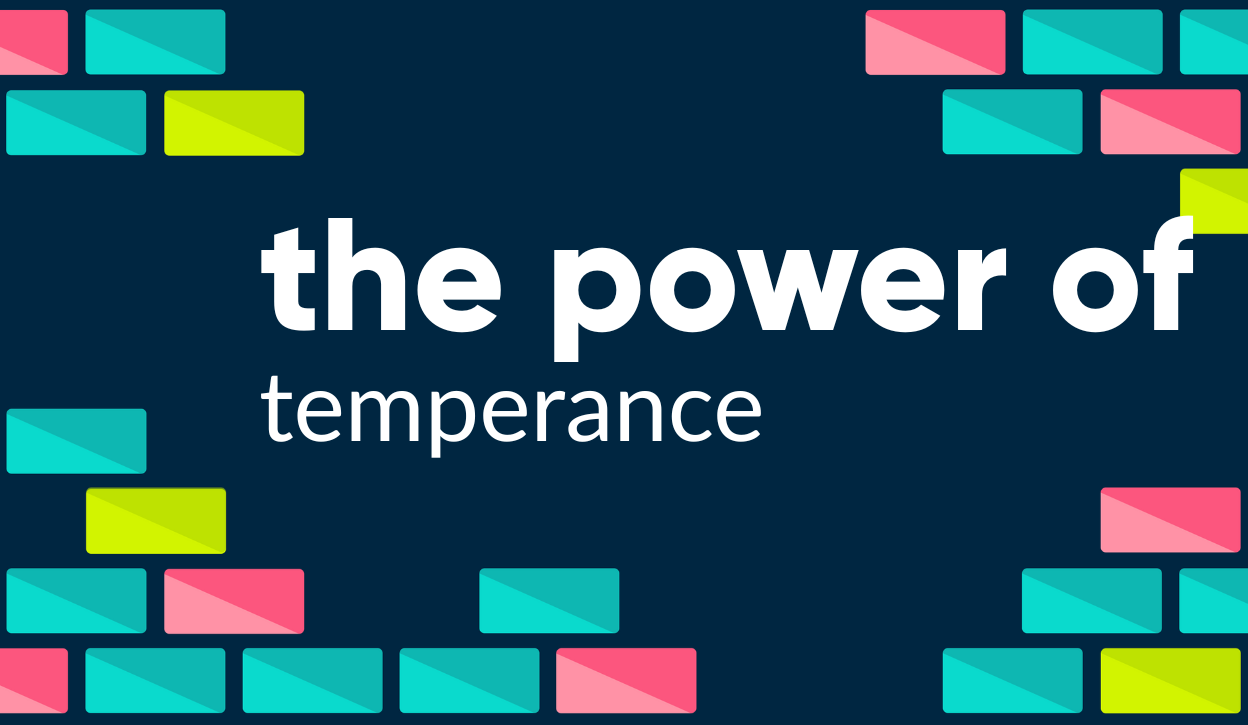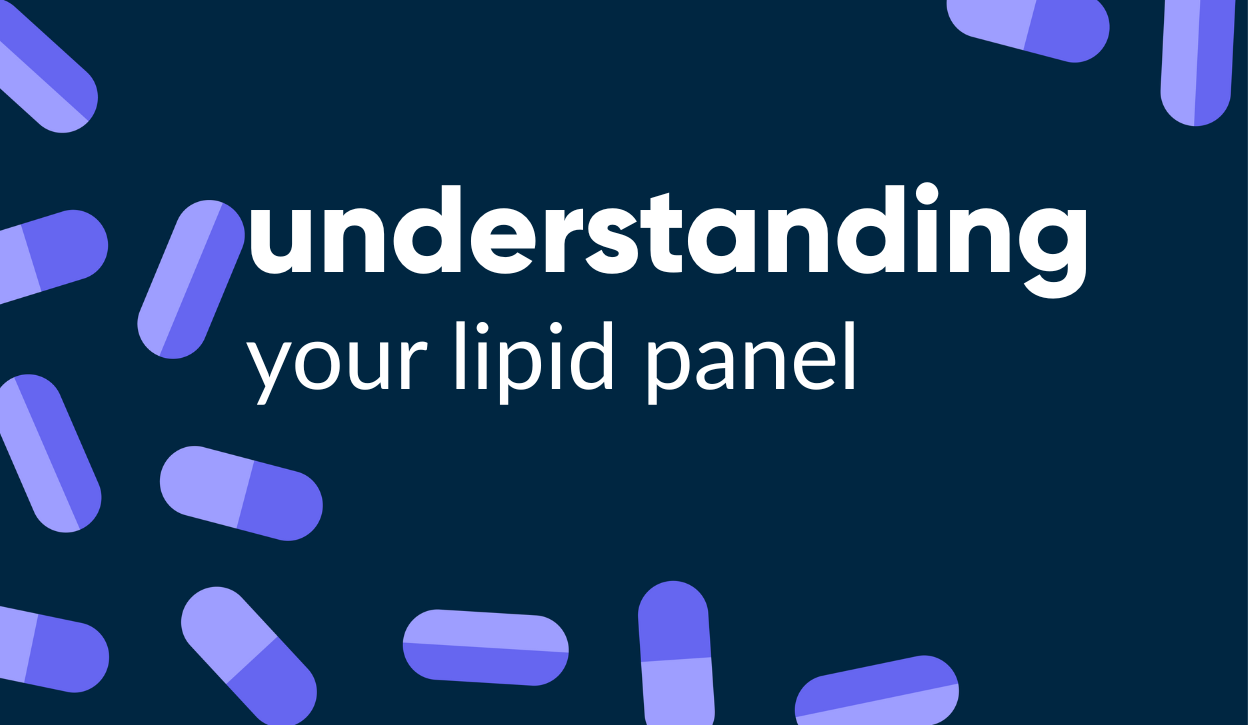
Temperance means self-regulation, balance, and moderation — finding the healthy middle between too much and too little. It’s the principle that turns short bursts of motivation into a lifelong rhythm of well-being.
At Galvan, we believe health isn’t built on obsession or deprivation. It’s built on consistency, moderation, and awareness — the power to make steady, balanced choices that last.
The Science of Balance
Modern science reinforces what ancient wisdom taught long ago: our bodies and minds thrive in equilibrium. Every biological system — from metabolism to sleep to muscle recovery — depends on balance, not extremes.
Let’s explore three key areas where temperance transforms health outcomes:
Nutrition: The Right Amount Fuels, the Wrong Amount Fails
Too little food leads to fatigue, nutrient deficiency, and hormonal imbalance.
Too much leads to inflammation, weight gain, and metabolic stress.
The body operates best when energy intake matches energy expenditure — a principle called energy balance.
- Calorie needs:
Most adults require about 15–18 calories per pound of body weight to maintain energy balance, depending on age, sex, and activity level. - Macronutrient balance:
- Protein: ~20–30% of total calories (for muscle repair and satiety)
- Fats: ~25–35% (for hormone production and brain health)
- Carbohydrates: ~40–55% (for energy and fiber)
- Protein: ~20–30% of total calories (for muscle repair and satiety)
Crash diets or chronic overeating both disrupt hormonal signals like leptin (hunger) and insulin (metabolism). The healthiest long-term results come from stable, moderate eating patterns that provide steady energy and consistent nutrition.
“Eat not to dullness, drink not to elevation.” — Benjamin Franklin on Temperance
Sleep: The Goldilocks Principle of Rest
Sleep is the ultimate recovery system — too little or too much both harm health.
The optimal range for most adults: 7–9 hours per night.
- Less than 6 hours increases cortisol (stress hormone), reduces immune function, and raises risk of depression, obesity, and cardiovascular disease.
- More than 9 hours is linked with higher inflammation, fatigue, and sometimes underlying illness.
Quality matters as much as quantity: regular sleep times, a cool dark environment, and reduced evening screen time help align the body’s circadian rhythm — its internal clock that governs energy, hormone release, and mood.
Balanced sleep isn’t indulgence — it’s biological repair in action.
Exercise: Enough to Build, Not Break
Exercise is one of the most powerful medicines available — but dose matters.
The CDC and WHO recommend:
- 150 minutes per week of moderate-intensity aerobic activity (like brisk walking), or
- 75 minutes per week of vigorous activity (like running or HIIT), plus
- 2 days per week of strength training.
More isn’t always better. Overtraining without rest can elevate stress hormones, weaken immunity, and cause injury or burnout.
Movement should restore, not deplete. The best plan blends:
Cardio for endurance
Strength for resilience
Flexibility and mindfulness for recovery
The magic isn’t in pushing harder — it’s in showing up consistently.

The Mental and Emotional Side of Temperance
Temperance doesn’t just shape physical health — it’s vital for mental balance.
Moderation protects against the burnout of perfectionism and the paralysis of inaction.
- Too little structure → chaos and inconsistency
- Too much control → anxiety and rigidity
- Healthy balance → peace, focus, and joy
Research from positive psychology shows that self-regulation and moderation are directly correlated with greater happiness and life satisfaction.
In other words — temperance is not restriction; it’s freedom from extremes.
In Summary: The Wisdom of “Just Enough”
The path to health isn’t about doing everything, it’s about doing the right things — in balance.
- Eat to nourish, not to numb.
- Sleep to restore, not escape.
- Move to strengthen, not punish.
- Live with awareness, not excess.
Temperance transforms health from a sprint into a lifetime journey.
And in that balance — between effort and ease, work and rest, giving and receiving — we find what health truly means: a peaceful rhythm of well-being that lasts.
Galvanize the world to heal humanity — one balanced action at a time.
Galvan Nodes and the IZE Blockchain are governed by a Distributed Governance Framework, which is distinct from and not solely controlled by Galvan DAO LLC. Any value derived from Galvan Nodes and IZE Digital Rewards is likely to be uncorrelated with the success or failure of Galvan.
Galvan does not sell tokens. The IZE Blockchain, which is governed by Galvan Node Owners, self-governs the distribution of tokens. Tokens are earned in exchange for work and action on the IZE Blockchain. The token is designed to have utility on the Galvan platform for the purchase of Galvan’s products and services. The token is not an investment product and may never have any value outside of the Galvan platform. Galvan Node Owners should not expect to recognize any value from the token other than its utility with Galvan. Galvan does not anticipate correlation between the token value and Galvan’s business activities.
This article may contain forward-looking statements that involve substantial risks and uncertainties. Forward-looking statements discuss plans, strategies, prospects, and expectations concerning the business, operations, markets, risks, and other similar matters. There may be events in the future that we cannot accurately predict or control. Any forward-looking statement contained herein speaks only as of the date on which it is made. Factors or events that could cause our actual results to differ may emerge from time to time, and it is not possible for us to predict all of them. We do not plan to update or revise publicly any forward-looking statements except as required by law.













